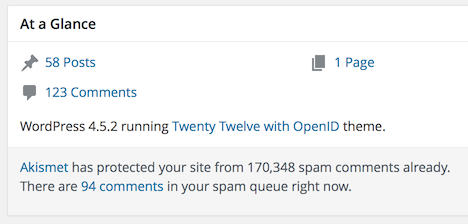I’m paid to spend my days staring at a softly glowing LCD. In the midst of writing code and attending meetings, I also browse the web. Most people would consider me an old-school web surfer. I still follow blogs and read posts in an RSS reader (Feedly if you must know).
I realize that long-form writing has mostly fallen out of favor, but I still enjoy it. As a matter of fact, I frequently come across articles that I feel need to be shared with the world. In the past, I’ve posted these articles on Facebook or Twitter, but I find that the less time I spend in the social media cesspool, the better I feel.
Having said all that, I plan to start adding links to articles that I particularly enjoy to this site. I’ll probably include a pithy comment along with a qoute or two. My interests are fairly varied — I still read a lot about programming, but trending towards more Python for data science and machine learning. I’m also interested in the current political situation and its effect on economics and the world.
If your interests overlap mine, you might enjoy some of the same articles. If not, feel free to keep on scrolling.
